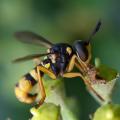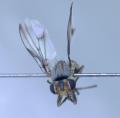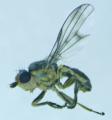Diptera.info :: Identification queries :: Diptera (adults)
Who is here? 1 guest(s)
|
Chamaemyidae, Leucopis geniculata (female)
|
|
| sbushes |
Posted on 02-06-2021 10:38
|
|
Member Location: Posts: 643 Joined: 29.04.21 |
Not sure which family this belongs to. Shropshire UK, woodland 31st May 2021 2mm long sbushes attached the following image: 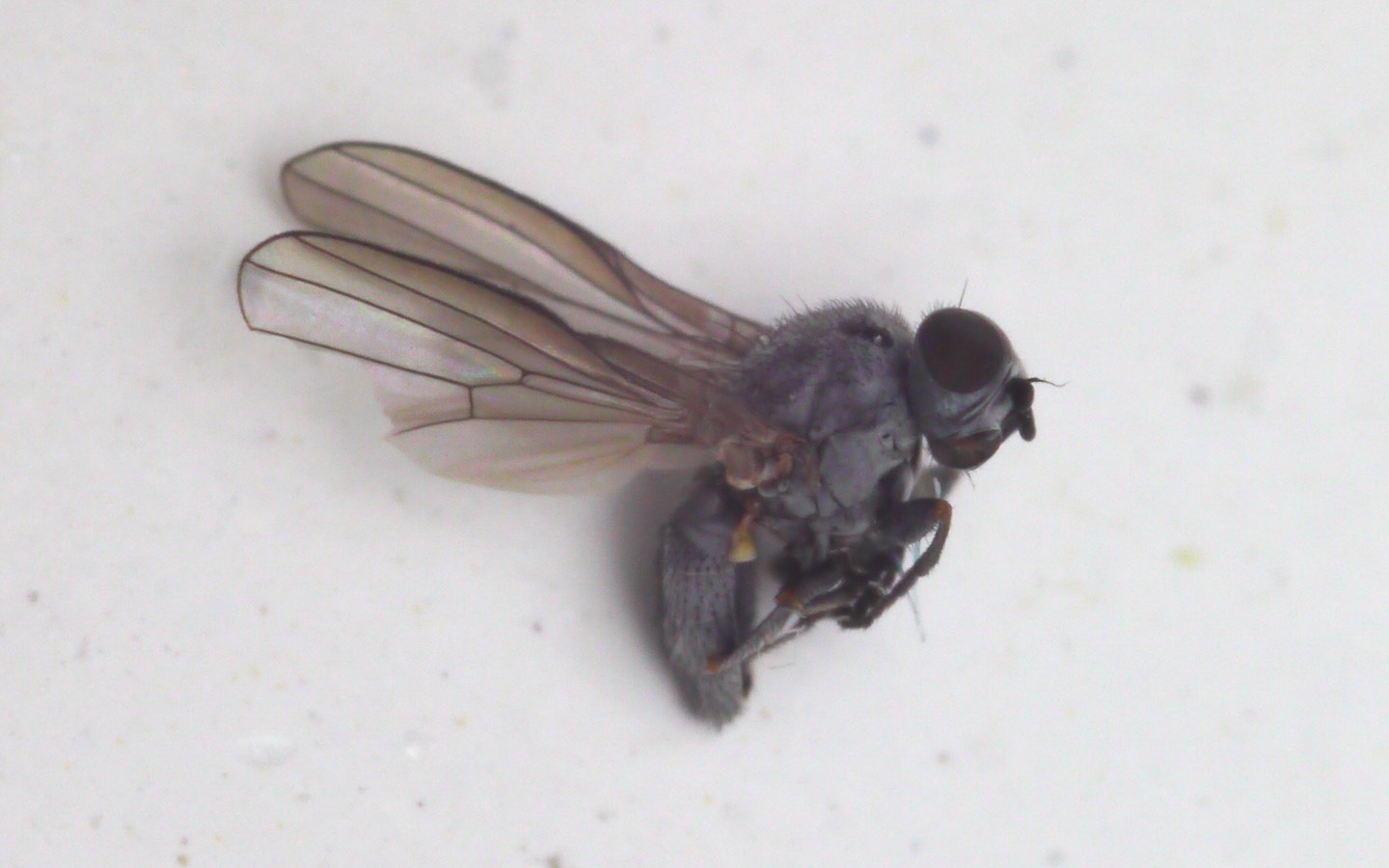 [172.41Kb] Edited by sbushes on 04-06-2021 19:14 |
|
|
|
| sbushes |
Posted on 02-06-2021 10:39
|
|
Member Location: Posts: 643 Joined: 29.04.21 |
top
sbushes attached the following image: 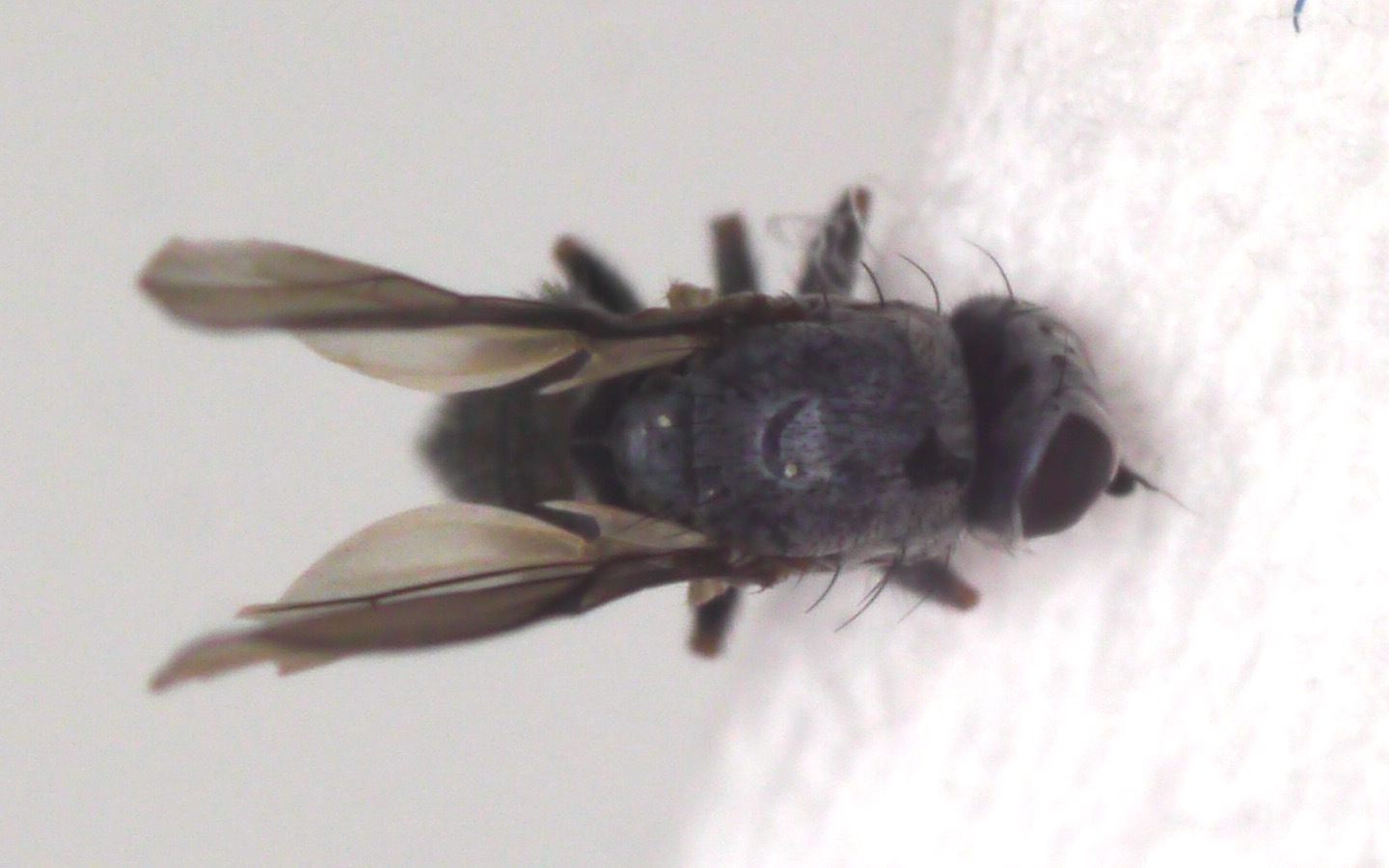 [182.89Kb] |
|
|
|
| Paul Beuk |
Posted on 02-06-2021 12:05
|
|
Super Administrator Location: Netherlands Posts: 19382 Joined: 11.05.04 |
Chamaemyidae, Leucopis sp. Interesting to see the darkened wings, though.
Paul - - - - Paul Beuk on https://diptera.info |
| sbushes |
Posted on 03-06-2021 01:46
|
|
Member Location: Posts: 643 Joined: 29.04.21 |
Nice - a new family for me I think. Is there a key out there somewhere / can it go further if I put a microscope on it or something? or it's just indeterminable? Many thanks for your help Paul, Sam |
|
|
|
| Tony Irwin |
Posted on 03-06-2021 18:07
|
|
Member Location: Norwich, England Posts: 7238 Joined: 19.11.04 |
Ian Mclean is the expert on these - I'll PM you with his contact details.
Tony ---------- Tony Irwin |
|
|
|
| sbushes |
Posted on 04-06-2021 19:14
|
|
Member Location: Posts: 643 Joined: 29.04.21 |
Thanks Tony. Will share what he said in case its of use to others: "From your photographs I would determine this as a female Leucopis geniculata Zetterstedt, the larvae are predators of Adelgidae on Pinus. There is a single generation of adults in May, they are normally found on Pinus sylvestris in the vicinity of the larval prey. The Chamaemyiidae are a difficult family to identify, with many similar species, hence dissection of male/female abdomen to check the diagnostic features is needed to make accurate determinations. Identification from photographs is usually impossible but this species is more recognisable than most although it is always possible that another very similar species could occur here." |
|
|
|
| Jump to Forum: |



